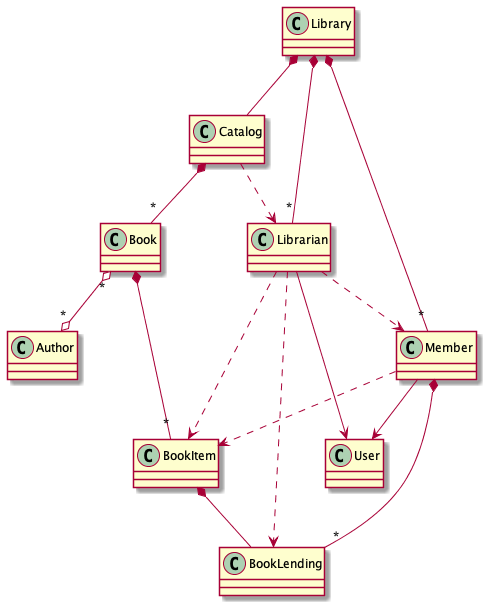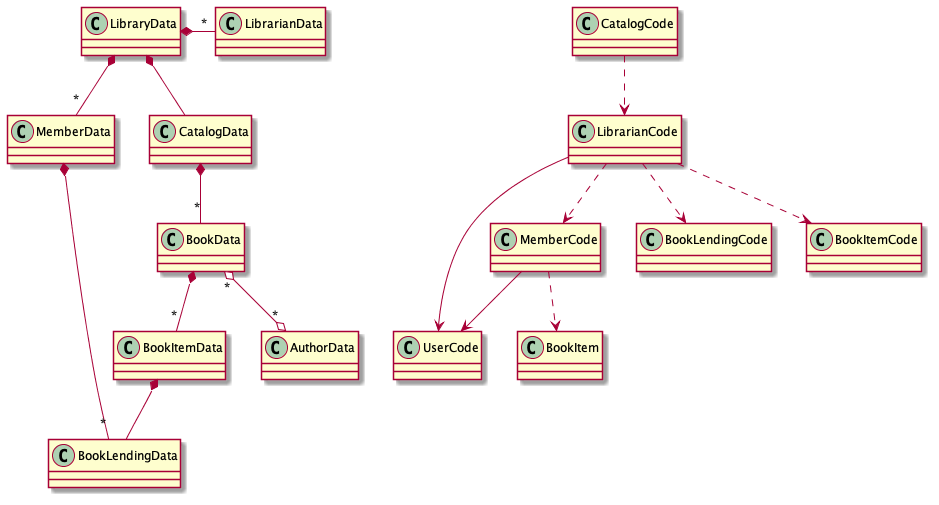The essence of Data Oriented Programming
Yehonathan Sharvit
18 Aug 2020
•
3 min read
After many years of suffering in C++ and Java, many years of enlightenment in Clojure, I have realised that what brings joy to me when I code in Clojure is the fact that Clojure is a Data Oriented programming language.
Over the last couple of months, I have discussed with some Clojure friends about the essence of Data Oriented (DO) Programming.
Of course, one cannot really grasp the essence of DO. DO is as profound as the TAO from Tao Te Ching, whose first sentence is:
Tao that can be spoken of is not the Tao
We cannot grasp its essence but we can get closer to an understanding of DO by comparing it with a quite different programming paradigm, namely: Object Oriented (OO) Programming.
To me, there are three main differences between OO and DO:
- In OO, code and data are mixed together while in DO they are separate
- In OO, the data is mutable while in DO it is immutable
- In OO, the data access is specific while in DO, it is universal
The rest of this article is devoted to a brief explanation of each difference and a simple illustration of the benefits that each difference brings to OO.
Code and data: together or separate?
In OO, the main entities of a program are objects which contain:
- Code in the form of methods
- Data in the form of members
In DO, we keep code and data separate:
- Modules (or namespaces) contain code in the form of functions
- Data in the form of generic maps and lists
The fact that code and data live in separate entities tends to make DO programs less complex than OO programs.
Let me illustrate this profound insight by showing a typical class diagram of a OO system, for instance a library management system.
And now, let me split each class into a code entity and a data entity. Here is the resulting class diagram:
The resulting system is made of 2 separate (disjoint) simpler sub-systems. As a consequence this system is less complex than the original one.
Separating code and data reduces complexity
Data: mutable or immutable?
In OO, it's quite common to mutate an object i.e. change the value of a member.
In DO, rather that changing data in place, we create a new version of the data.
The benefits of data immutability are well known but here I'd like to illustrate a simple aspect of the importance of data immutability by asking you to think about the output of this pseudo OO code for a few seconds :
class Member {
Bool member;
void displayBlockedStatusTwice() {
this.isBlocked = true;
System.Print(this.isBlocked );
}
}
The correct answer is: in a single threaded environment, it displays true
while on a multi threaded environment it's unpredictable.
Indeed in a multi threaded environment, between the two print calls, there could be a context switch and the state of the member object could be changed.
Isn't it insane?
Data immutability brings serenity to developer's mind
Data access: specific or universal?
In OO, the data part of an object has a rigid shape (blueprint) that is defined at compile time in a class. In order to access the data inside an object, one must know the object class.
In DO, data is mostly made of maps and lists (or vectors) and some primitive types (numbers, booleans and strings).
The fact that in order to access the data of an object, one has to import the class definition of the object is in many cases very annoying. Imagine, you need to convert the data part objects into JSON in order to send the information over the wire. In OO, it is a nightmare.
For each object that you want to serialize (convert to JSON), you basically need to write specific piece of code or you need to use reflection.
While in DO, serializing a piece of data is a matter of iterating over the entries and convert them to a string. One can easily write a JSONEncode function that works with any data.
Universal data access is a privilege
Conclusion
In Data Oriented Programming, Data is considered as a value. It means that:
- Data is immutable
- Data shape is flexible
- Data access is universal
In a nutshell, here are the core differences between OO and DO:
+---------------+------------------+----------------+
| | OBJECT ORIENTED | DATA ORIENTED |
+---------------+------------------+----------------+
| | | |
| Code and data | Together | Separate |
| | | |
| Data state | Mutable | Immutable |
| | | |
| Data access | Specific | Universal |
+---------------+------------------+----------------+
Yehonathan Sharvit
Full-Stack Web Consultant. Expert in Clojure, ClojureScript and Javascript.
See other articles by Yehonathan
WorksHub
Jobs
Locations
Articles
Ground Floor, Verse Building, 18 Brunswick Place, London, N1 6DZ
108 E 16th Street, New York, NY 10003
Subscribe to our newsletter
Join over 111,000 others and get access to exclusive content, job opportunities and more!


